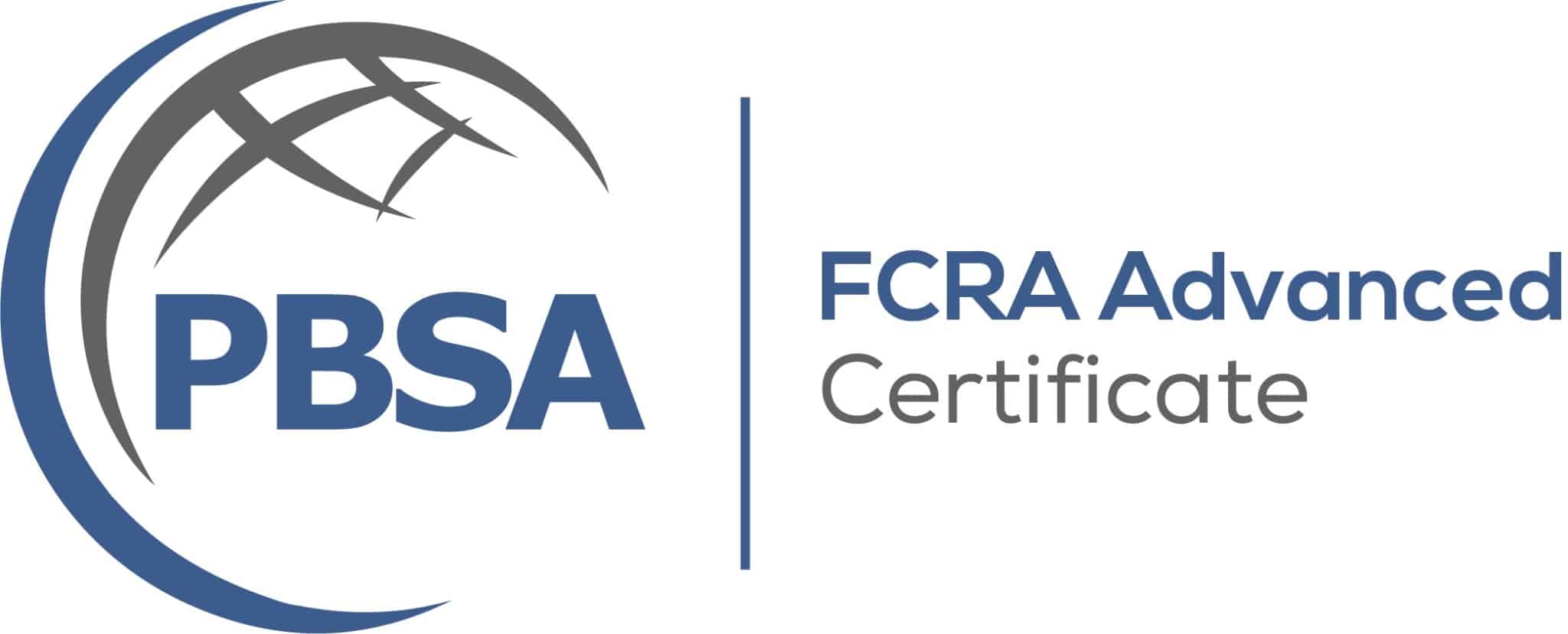
Education Verification (Domestic and International)
Education verification is the process of confirming a candidate’s academic credentials, such as degrees, diplomas, certifications, and dates of attendance, with the issuing institutions. Domestic verifications validate U.S.-based records, while international education verifications confirm credentials earned outside the country and often require additional documentation or translation.
Compliance note
- Employers must obtain written consent before conducting education verification in compliance with the Fair Credit Reporting Act (FCRA).
- Verifications must be performed through accredited institutions or authorized third-party sources to ensure accuracy and avoid data privacy violations.
- International education verification may require compliance with local privacy and data transfer laws, such as GDPR or country-specific data protection acts.
- Discrepancies in education history should be handled consistently and documented to support fair hiring practices under EEOC guidance.
Related Terms and Posts
- Background Check
- Consumer Report
- Disclosure and Authorization
- Investigative Consumer Report
- Permissible Purpose
- How to Verify Education History (Blog)
- Approaching Employment Verification for International Hires (Blog)
- Beyond the Magic Database: What Hiring Managers Must Know About Background Check Limits and Realities (Blog)
Frequently Asked Questions
Q: What is education verification?
A: Education verification confirms the accuracy of a candidate’s claimed degrees, diplomas, or certifications directly with the issuing schools or institutions.
A: Education verification confirms the accuracy of a candidate’s claimed degrees, diplomas, or certifications directly with the issuing schools or institutions.
Q: How does international education verification differ?
A: International verification requires confirming credentials with foreign institutions, often through translation, credential evaluation, and adherence to international privacy laws.
A: International verification requires confirming credentials with foreign institutions, often through translation, credential evaluation, and adherence to international privacy laws.
Q: Why is education verification important for employers?
A: It helps ensure that candidates have the qualifications required for the position, reducing fraud risks and maintaining compliance with hiring and reporting laws.
A: It helps ensure that candidates have the qualifications required for the position, reducing fraud risks and maintaining compliance with hiring and reporting laws.
Stay Updated with EDIFY Insights Newsletter
Get compliance tips, background screening updates, and HR best practices delivered straight to your inbox.





